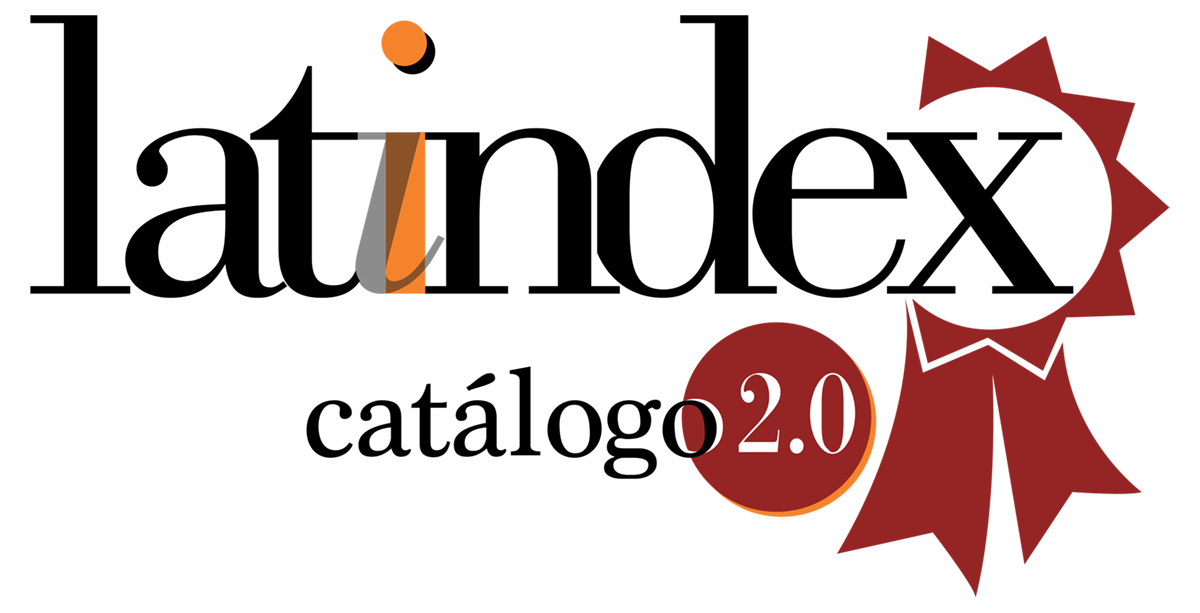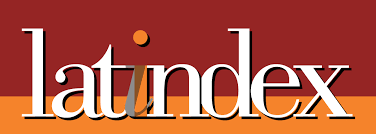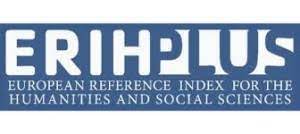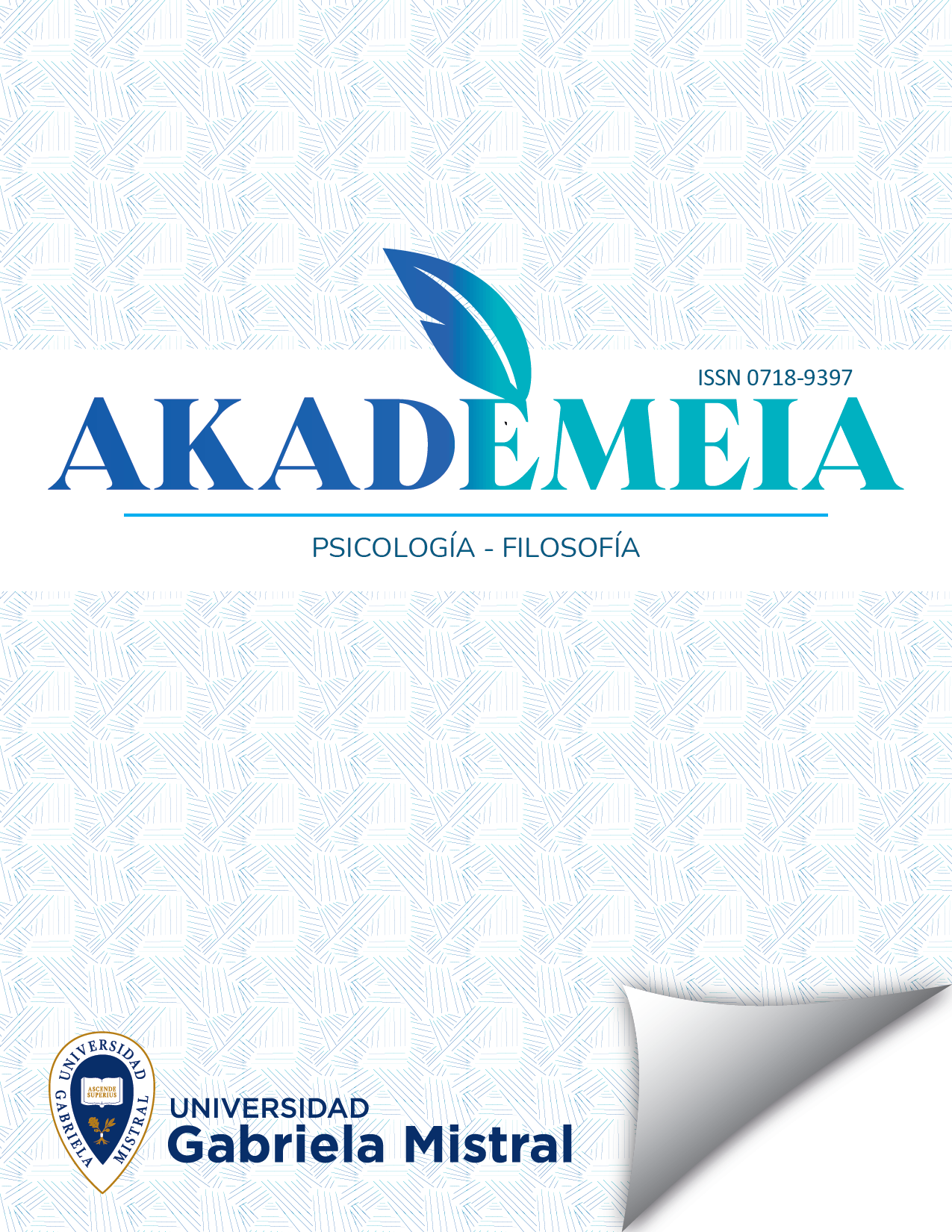Study of the chronotype and academic performance of nursing students in the context of the COVID-19 quarantine
DOI:
https://doi.org/10.61144/0718-9397.2022.449Abstract
In the context of the changes in educational processes generated by the pandemic in higher education, that evolves to a distance model. It becomes relevant to review what elements may be associated with the academic performance of students in the context of a training with a more autonomous learning process. The organization of academic work is modified and made more flexible and it is of interest to check if the schedule in which the activities of the day are carried out, or chronotype and academic performance are associated, considering the COVID-19
pandemic. For this the chronotype questionnaire ((Horne-Ostberg) to nursing students, the chronotype was associated with academic perfomance (GPA). The results show there is no statistically significant difference between chronotype and GPA, therefore, they would be other factors associated with academic performance such as reorganization of routines, flexibility of virtual training, adaptation to virtual environments.
Keywords : Chronotype , Academic Performance, Quarantine
References
REFERENCIAS
Alegría, F. L., & Rivera-lópez, G. (2020). Calidad del sueño según progresión académica en estudiantes chilenos de Obstetricia Sleep quality according to academic progression in Chilean. 211–222.
Beşoluk, Ş., Önder, I., & Deveci, I. (2011). Morningness-eveningness preferences and academic achievement of university students. Chronobiology International. https://doi.org/10.3109/07420528.2010.540729
Flores-Rivas, V., & Marquez, G. (2020). Logros de aprendizaje, herramientas tecnológicas y autorregulación del aprendizaje en tiempos de Covid 19. Journal of Business and Entrepreneurial Studies, 4(3), 102–209.
Franco, E., Gonzalez, C., & Falconier, M. (2021). Academic performance at Adventist University of Chile during COVID-19: a comparative analysis 2019-2020. APUNTES UNIVERSITARIOS, 11(3), 1–12.
Goldin, A. P., Sigman, M., Braier, G., Golombek, D. A., & Leone, M. J. (2020). Interplay of chronotype and school timing predicts school performance. Nature Human Behaviour 2020 4:4, 4(4), 387–396. https://doi.org/10.1038/s41562-020-0820-2
Haraszti, R. Á., Ella, K., Gyöngyösi, N., Roenneberg, T., & Káldi, K. (2014). Social jetlag negatively correlates with academic performance in undergraduates. Chronobiology International, 31(5), 603–612. https://doi.org/10.3109/07420528.2013.879164
Harjule, P., Rahman, A., & Agarwal, B. (2021). A cross-sectional study of anxiety, stress, perception and mental health towards online learning of school children in India during COVID-19. Journal of Interdisciplinary Mathematics, 24(2), 411–424. https://doi.org/10.1080/09720502.2021.1889780
Herrera-robaina, Y. C. (2021). Hábitos de estudio y educación a distancia en estudiantes de ciencias médicas en tiempos de COVID-19 Study habits and distance learning of medical students in times of COVID-19. 46(5).
Horne, J. A., & Ostberg, O. (1976). A self assessment questionnaire to determine Morningness Eveningness in human circadian rhythms. International Journal of Chronobiology.
Ict, A. T., To, A., Learning, V., Students, O. F., & Education, H. (2020). ACTITUDES HACIA LAS TIC Y ADAPTACIÓN AL APRENDIZAJE VIRTUAL EN CONTEXTO COVID-19 , ALUMNOS EN CHILE ATTITUDES TOWARDS ICT AND ADAPTATION TO VIRTUAL LEARNING OF STUDENTS IN Resumen. 60(2), 99–120. https://doi.org/10.4151/07189729-Vol.60-Iss.2-Art.1175
Moreno Candil, D., Bravo Verdugo, E. R., Burgos Dávila, C. J., Grijalva Verdugo, A. A., Moreno Candil, D., Bravo Verdugo, E. R., Burgos Dávila, C. J., & Grijalva Verdugo, A. A. (2021). Educación superior y pandemia: estudio piloto del cuestionario de experiencia educativa durante pandemia. Revista Digital de Investigación En Docencia Universitaria, 15(1). https://doi.org/10.19083/ridu.2021.1347
Pérez, I., Talero, C., González, R., & C., M. (2006). Ritmos circadianos de sueño y rendimiento académico en estudiantes de medicina. Revista Ciencias de La Salud, 4, 147–157. http://www.redalyc.org/articulo.oa?id=56209916
Pérez López, E., Vázquez Atochero, A., & Cambero Rivero, S. (2020). Educación a distancia en tiempos de COVID-19: Análisis desde la perspectiva de los estudiantes universitarios. RIED. Revista Iberoamericana de Educación a Distancia, 24(1), 331. https://doi.org/10.5944/ried.24.1.27855
Salud mental positiva y Rendimiento académico en estudiantes de enfermería en tiempos de COVID-19. (n.d.). Retrieved November 22, 2021, from https://dspace.unitru.edu.pe/handle/UNITRU/18288
Suardiaz-muro, M., Morante-ruiz, M., Ortega-moreno, M., Ruiz, M. A., Martín-plasencia, P., & Vela-bueno, A. (2020). Sueño y rendimiento académico en estudiantes universitarios : revisión sistemática. 71(2), 43–53. https://doi.org/10.33588/rn.7102.2020015.
Tejedor, S., Cervi, L., Tusa, F., & Parola, A. (2020). Education in times of pandemic: Reflections of students and teachers on virtual university education in Spain, Italy and Ecuador. Revista Latina de Comunicacion Social, 2020(78), 1–21. https://doi.org/10.4185/RLCS-2020-1466
Valladares, M., Ramírez-Tagle, R., Muñoz, M. A., & Obregón, A. M. (2017). Individual differences in chronotypes associated with academic performance among Chilean University students. Chronobiology International. https://doi.org/10.1080/07420528.2017.1413385
Valladares, Macarena, Campos, B., Zapata, C., Durán Agüero, S., & Obregón, A. M. (2016). Asociación entre cronotipo y obesidad en jóvenes. Nutricion Hospitalaria, 33(6), 1336–1339. https://doi.org/10.20960/nh.792
Valladares, Macarena, Durán, E., Matheus, A., Durán-Agüero, S., Obregón, A. M., & Ramírez-Tagle, R. (2016). Association between Eating Behavior and Academic Performance in University Students. Journal of the American College of Nutrition, 35(8), 699–703. https://doi.org/10.1080/07315724.2016.1157526
How to Cite
License
Copyright (c) 2022 Evelyn Palacios et al.

This work is licensed under a Creative Commons Attribution-NonCommercial-NoDerivatives 4.0 International License.
Los autores/as conservarán sus derechos de autor y garantizarán a la revista el derecho de primera publicación de su obra, el cual estará simultáneamente sujeto a la Licencia de reconocimiento de Creative Commons (CC BY-NC-ND) 4.0 que permite a terceros compartir la obra siempre que se indique su autor y se comparta el documento, en formato pdf y con la paginación del número original, a través del que este ha sido publicado por la revista. Siguiendo las definiciones establecidas por la licencia (ver: https://creativecommons.org/licenses/by-nc-nd/4.0/deed.es) los números de la revistas seguirán los siguientes términos:
-
Atribución — Usted debe dar crédito de manera adecuada, brindar un enlace a la licencia, e indicar si se han realizado cambios. Puede hacerlo en cualquier forma razonable, pero no de forma tal que sugiera que usted o su uso tienen el apoyo de la licenciante.
-
No Comercial — Usted no puede hacer uso del material con propósitos comerciales.
-
Sin Derivadas — Si remezcla, transforma o crea a partir del material, no podrá distribuir el material modificado.
- No hay restricciones adicionales — No puede aplicar términos legales ni medidas tecnológicas que restrinjan legalmente a otras a hacer cualquier uso permitido por la licencia.












